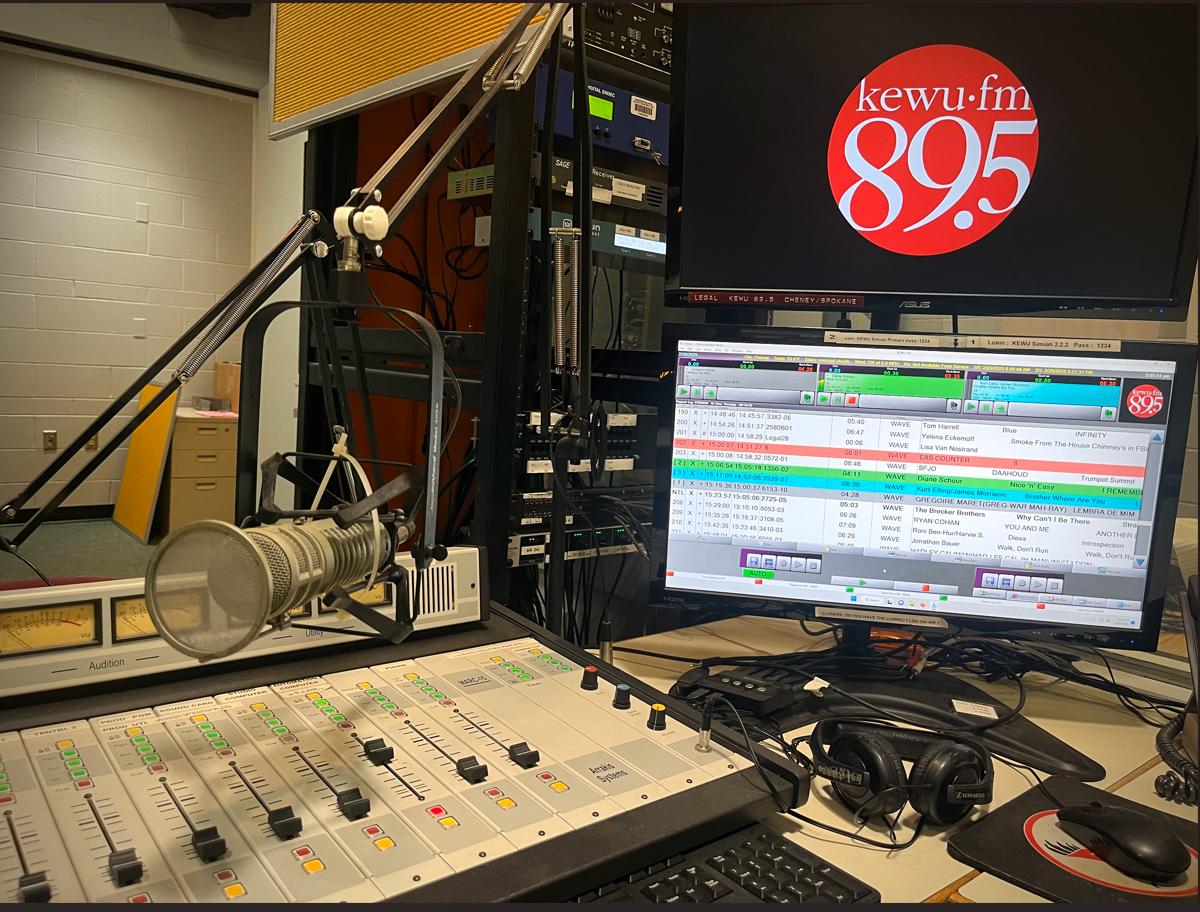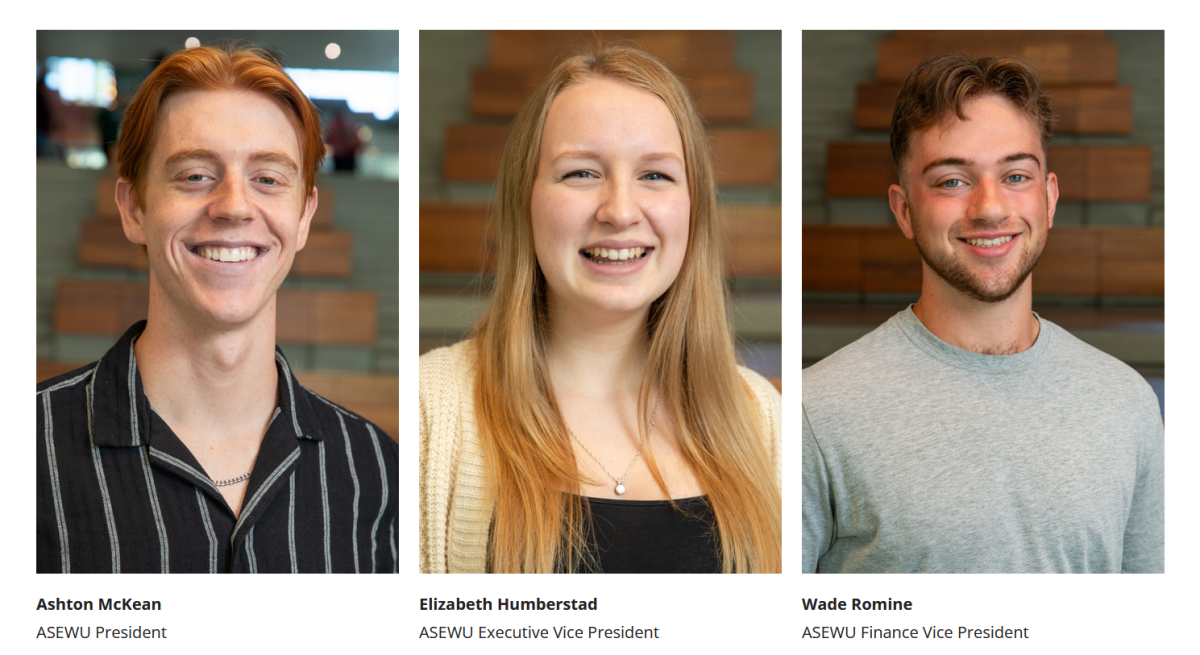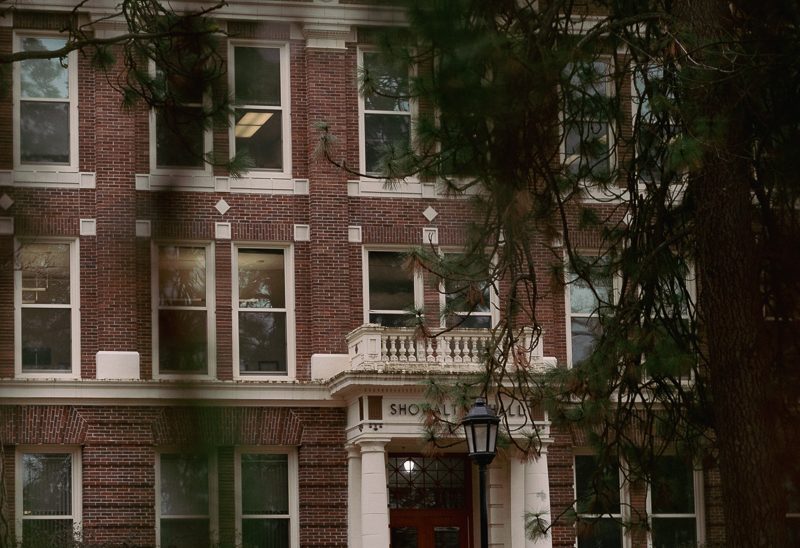
-Photo by Aaron Malmoe
Cadet Amanda Reich watches closely as a woman screams, wide-eyed inside a vehicle with a lion sleeping next to it in the sunny, hot Serengeti.
It was one of the many experiences Reich had while in Africa. She is a cadet in Eastern’s Reserve Officers’ Training Corps program and part of the Cultural Understanding and Language Proficiency program that took her across the globe to a town in Tanzania named Moshi.
The program is funded by the United States Army. According to the U.S. Army’s website, the program is offered to cadets in ROTC programs to help establish their global awareness and prepare them for when they are commissioned officers.
The program sends cadets all over the world to countries like Rwanda, Vietnam and Jordan.
“When we go, we do a lot of humanitarian work,” Reich said. “In Tanzania, I worked at an orphan school.”
The program has strict guidelines for applicants. The 2013 application requires cadets to pass benchmarks for their physical tests as well as complete essays.
Reich stated that she was required to read two books and complete two book reviews pertaining to the region she applied to go. It is the Army’s way of making sure that cadets are well educated before being deployed, according to Reich.
In Tanzania, the people speak English and Swahili, according to Reich. When she went to the country, she said she was required to learn the language. At the orphan school, language was a barrier to success for the orphans.
“In primary school, the children learn in Swahili, but in secondary school they learn in English. It’s hard switching to that, so a lot of them don’t make it,” Reich said.
The reason for the language switch is because of how the country runs, according to Reich.
“Swahili is a language to speak within the country, so everyone can understand. English is a way to communicate outside of the country,” she said.
The volunteers that worked at the school were encouraged to speak in English to make the transition from Swahili to English for students easier, according to Reich.
Reich said she taught in a one-room schoolhouse. There were children ages 3 to 11 arranged in rows of desks by age. Each student had their own personal workbooks suited for what they were learning.
“The thing I didn’t really like was how they taught math,” Reich said, “I mean, they taught the same kind of math we did, but they [the teachers] would just hold up a card and ask, ‘What’s this?’’’
There is a lot of memorization in both math and writing, states Reich. “I can’t really reform their whole education system so I just went with it.”
The language barrier is prevalent in math, according to Reich, who said that students would revert back to Swahili to count. That is where her knowledge of the language was key, so she could help them better.
Another ROTC student, Cadet Liam Barnett, said in his own experience in the program, learning Spanish was a requirement to go to Costa Rica. He said he spent a few days at Fort Knox, Ky., learning the language to be in use for translation.
Barnett helped translate for doctors on a giant ship that sailed along the coastline of South America offering free medical assistance to needy families.
“It’s called Operation Continuing Promise. It’s like, ‘Hey guys, we’re America, we’re still the good guys,’” Barnett said.
According to the U.S. Navy’s website, Continuing Promise is another way to provide training for military personnel and make sure Central America knows that the United States is still committed to them.
Barnett said that during his time in the program, he realized South Americans knew more English than he and his team knew Spanish. He said it was eye-opening to see how different America is compared with the rest of the world.
“It makes me wish we [Americans] were all more globally knowledgable,” he said.
In the infantry branch, trust, mutual respect and understanding of each other come into play, according to Barnett. He said his trip to Costa Rica and the cultural immersion helped him understand those aspects better.
Both Reich and Barnett said they’ve learned more from going out and seeing the world than from reading a book or taking classes.
“You can study all you want, but interacting is most important,” Reich said.


















